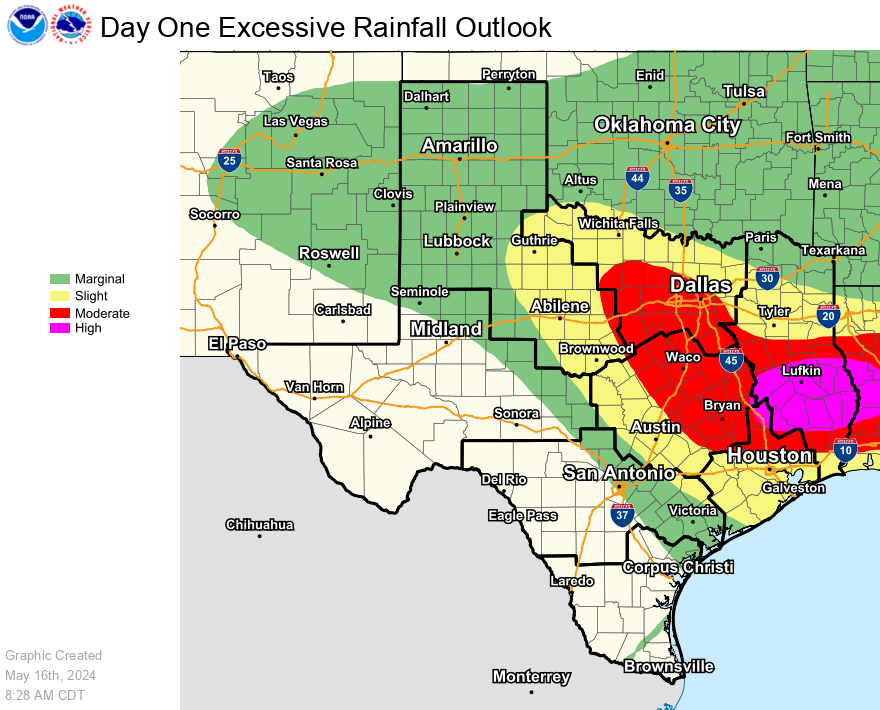Navigating Health Post-Floods: Essential Tips from DSHS for East Texas Residents
Jo-Carolyn Goode | 5/7/2024, 9:37 a.m.
As East Texas grapples with the aftermath of heavy rains and flooding, the Texas Department of State Health Services (DSHS) extends a helping hand to residents, offering crucial health precautions for those returning to affected areas. Houston Style Magazine brings you the latest updates along with invaluable guidance to ensure the safety and well-being of our communities.

Returning Home:
Driving through flooded areas is a perilous endeavor. Remember the mantra: Turn Around, Don’t Drown! Electrocution risks loom large during floods. Avoid contact with electrical equipment if wet, and steer clear of standing water, which may conceal downed power lines. Exercise caution with power sources and opt for daylight returns for optimal safety. Closed-toe shoes are a must to mitigate the risk of injuries from debris and wildlife encounters.
Cleanup and Recovery:
Carbon monoxide poisoning poses a grave threat when using gasoline-powered generators and charcoal grills. Keep them outdoors and at a safe distance from dwellings. Ventilate properly and never mix bleach with ammonia-based products, as it can lead to toxic fumes. Prioritize disinfection of flooded areas with a bleach solution and maintain meticulous hand hygiene to prevent contamination. Combat mosquito breeding grounds by eliminating standing water and protect yourself from bites with EPA-registered repellents.
Drinking Water and Food Safety:
Residents under boil water advisories must resort to bottled, boiled, or treated water until deemed safe. Boiling water for at least one minute is imperative, or alternatively, use bleach for disinfection. Exercise caution with food safety, discarding items that may have spoiled or come into contact with floodwater. Thorough handwashing is crucial before handling food or touching flood-contaminated items.
Staying Vigilant:
Individuals with chronic illnesses should prioritize self-care, avoiding strenuous activity and staying hydrated to prevent heat-related illnesses. Vigilance is key in reporting property damage, aiding officials in assessing eligibility for disaster assistance and allocating resources efficiently.
Resource Accessibility:
For comprehensive storm resources and assistance, visit the Texas Division of Emergency Management tdem.texas.gov/
In times of adversity, unity and preparedness are our strongest allies. Let’s heed the advice of health officials, stand together, and navigate the path to recovery with resilience and solidarity. Stay informed, stay safe, and remember, together, we weather the storm.




